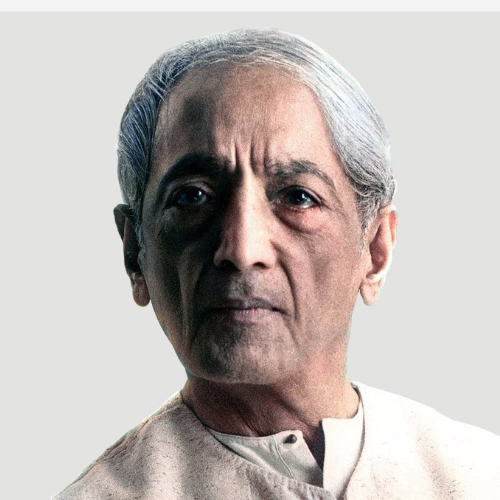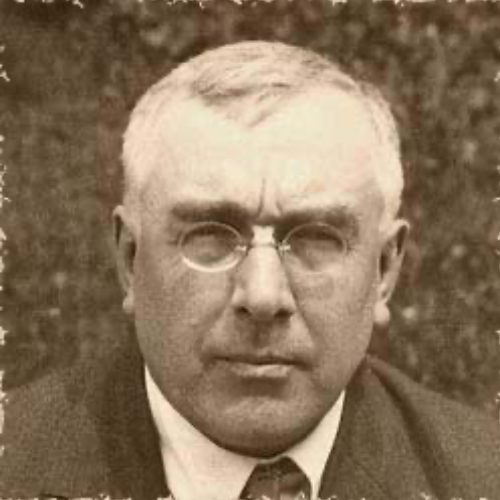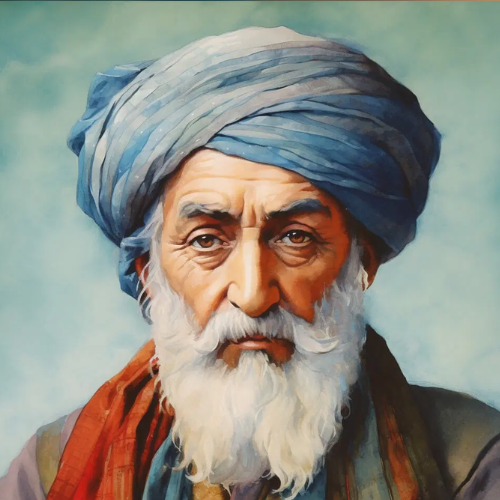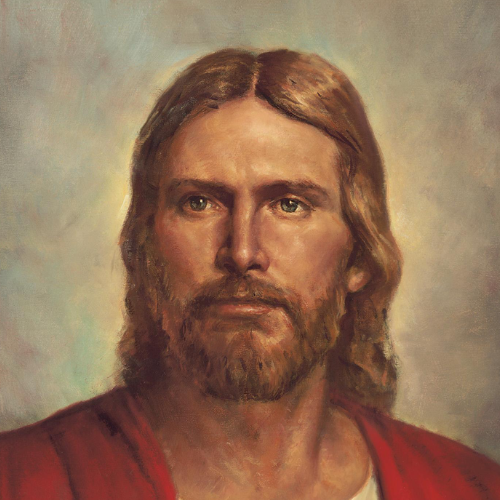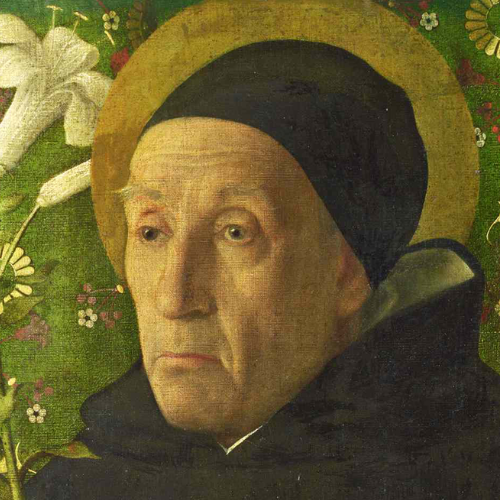Take a friendly attitude toward your thoughts.
Compassion automatically invites you to relate with people because you no longer regard people as a drain on your energy.
People's creativity is very much alive, but when they get paid for their creativity, they often experience that as rather meaningless. Money as the reward for their creative process is very one-dimensional, a tremendous comedown.
Chaos should be regarded as extremely good news!
We could say that compassion is the ultimate attitude of wealth: an anti-poverty attitude, a war on want. It contains all sorts of heroic, juicy, positive, visionary, expansive qualities. And it implies larger scale thinking, a freer and more expansive way of relating to yourself and the world.
Meditation practice is regarded as a good and in fact excellent way to overcome warfare in the world; our own warfare as well as greater warfare.
We have to make the first move ourselves rather than expecting it to come from the phenomenal world or from other people. If we are meditating at home and we happen to live in the middle of the High Street, we cannot stop the traffic just because we want peace and quiet. But we can stop ourselves, we can accept the noise. The noise also contains silence. We must put ourselves into it and expect nothing from outside, just as Buddha did. And we must accept whatever situation arises.
Disappointment results from the removal of illusion.
My advice to you is not to undertake the spiritual path. It is too difficult, too long, and is too demanding. I suggest you ask for your money back, and go home. This is not a picnic. It is really going to ask everything of you. So, it is best not to begin. However, if you do begin, it is best to finish.
The past situation has just occurred and the future situation has not yet manifested itself so there is a gap between the two. This is basically the bardo (life between life) experience.
The artist has tremendous power to change the world.
If we really prefer basic sanity or enlightenment, it's irritatingly possible to get into it.
Ultimately, that is the definition of bravery: not being afraid of yourself.
The trouble with Westerners is that they want to witness their own enlightenment.
I am alone and my spiritual journey is my experience.' This is the real experience of freedom and independence. Then we begin to see that being alone is a very beautiful thing. Nobody is obstructing our vision. We have complete panoramic vision.
It's easier to put on a pair of shoes than to wrap the earth in leather.
We say that the sun is behind the clouds, but actually it is not the sun but the city from which we view it that is behind the clouds. If we realized that the sun is never behind the clouds we might have a different attitude toward the whole thing.
The challenge of warriorship is to step out of the cocoon, to step out into space, by being brave and at the same time gentle.
In fact, a person always finds when he begins to practice meditation that all sorts of problems are brought out. Any hidden aspects of your personality are brought out into the open, for the simple reason that for the first time you are allowing yourself to see your state of mind as it is.
If we go somewhere on foot, we know the way perfectly, whereas if we go by car or airplane, we are hardly there at all. It becomes merely a dream.
The point is not to convert anyone to our view, but rather to help people wake to their own view, their own sanity.
There is no need to struggle to be free; the absence of struggle is in itself freedom.
When we talk about compassion we talk in terms of being kind. But compassion is not so much being kind; it is being creative [enough] to wake a person up.

